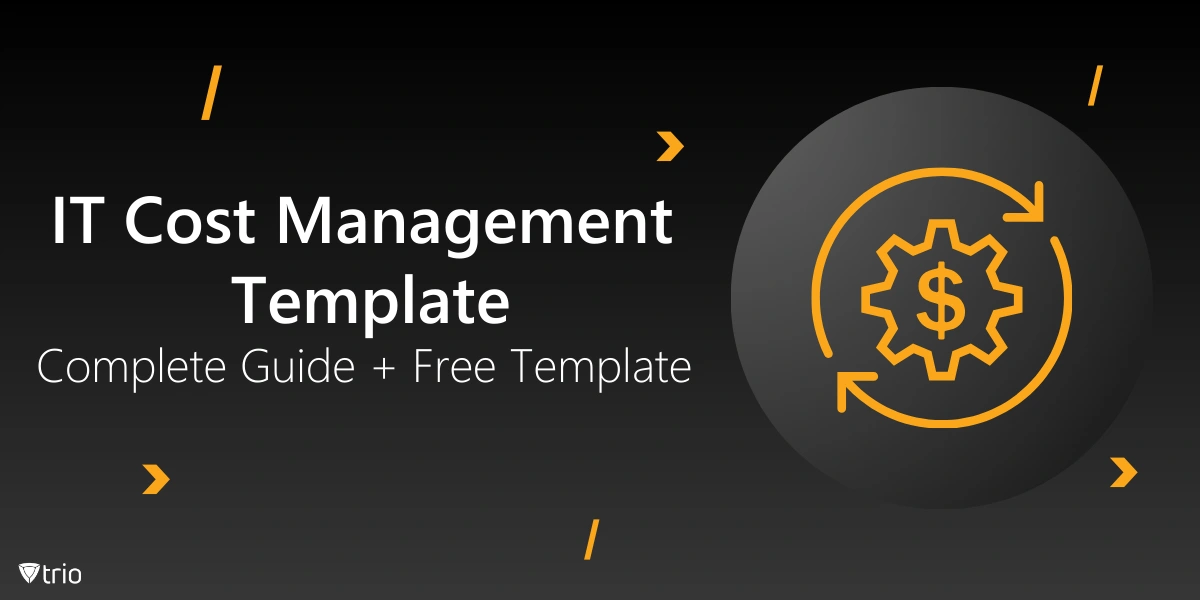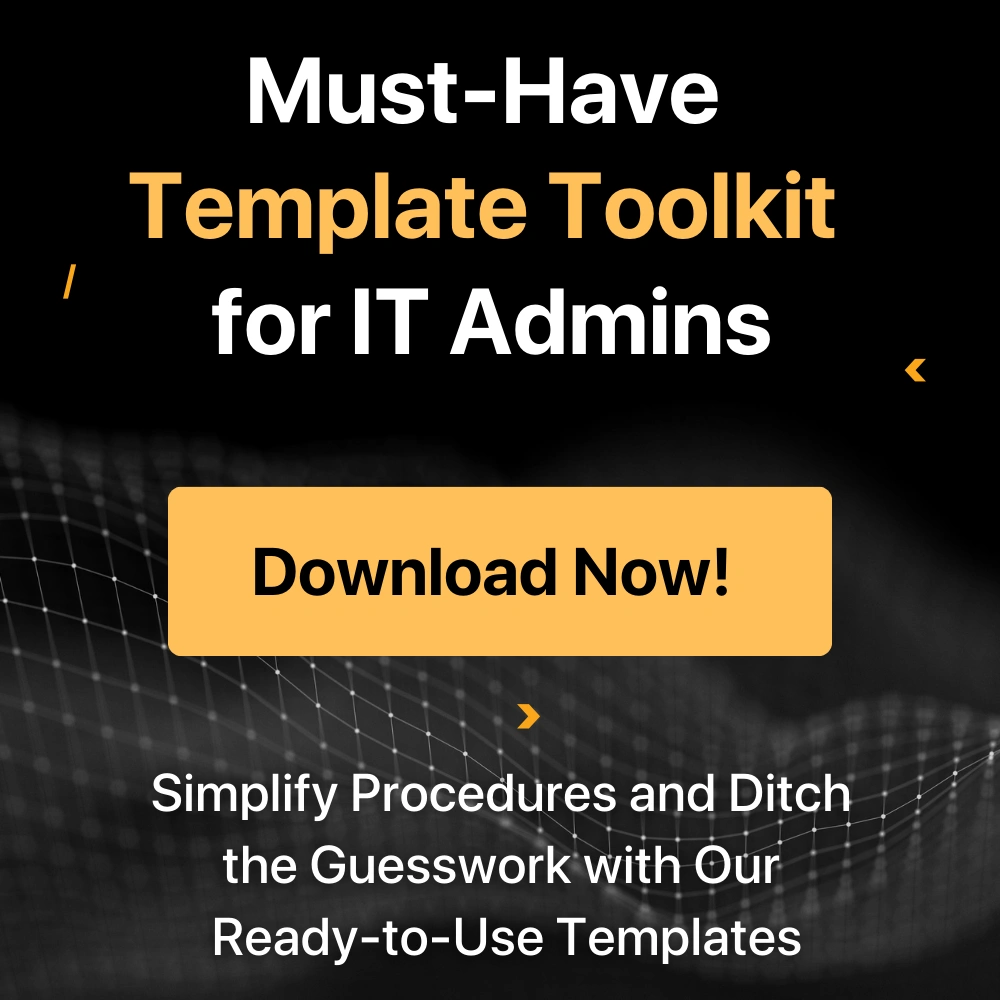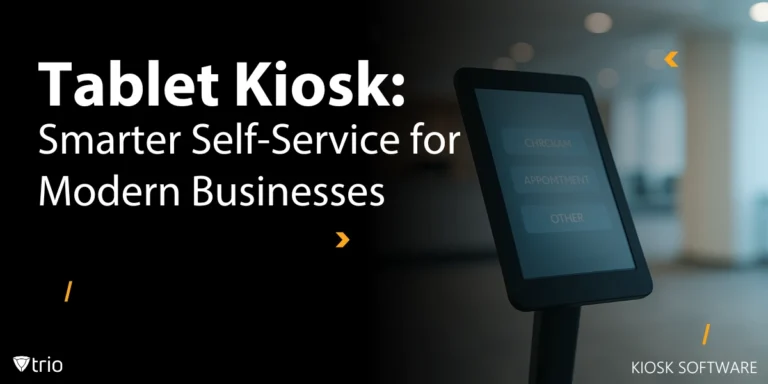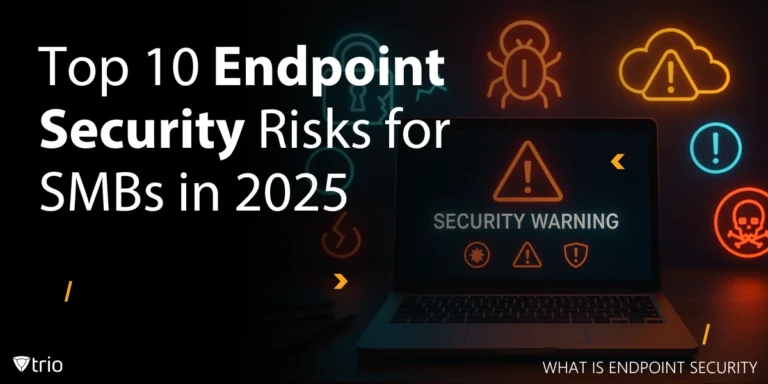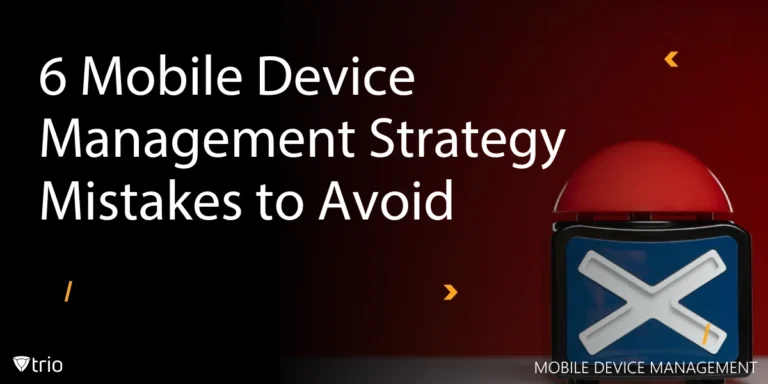In the world of technology, effective IT cost management has become a critical factor in maintaining a competitive edge and ensuring the financial health of organizations. This comprehensive guide will delve into the intricacies of IT cost management, providing you with valuable insights, strategies, and a free, customizable IT Cost Management Template to streamline your processes.
- Related Article: Use This IT Budget Template for Strategic Cost Optimization
Understanding IT Cost Management
IT cost management is the practice of planning, controlling, and optimizing technology-related expenses within an organization. It encompasses a wide range of activities, from budgeting and forecasting to cost tracking and optimization. By implementing robust IT cost management practices, businesses can:
- Maximize return on investment (ROI) for IT resources
- Align IT spending with strategic business goals
- Improve financial transparency and accountability
- Make informed decisions about technology investments
Key Components of an IT Cost Management Plan
A comprehensive IT cost management plan should include the following elements:
-
Scope Definition
Clearly outline which areas of IT are covered in your cost management plan. This may include:
- Hardware and infrastructure
- Software licenses and subscriptions
- Cloud services and resources
- IT personnel and training
- Outsourced services and consultancy
-
Budget Planning
Develop a structured approach to budget planning, including:
- Initial budget forecasting
- Annual or quarterly budgeting processes
- Allocation of contingency funds
-
Cost Categorization
Establish a clear system for categorizing IT costs, such as:
- Capital Expenditures (CapEx)
- Operating Expenses (OpEx)
- Cloud Services Costs
-
Cost Tracking and Reporting
Implement robust processes for:
- Real-time cost tracking
- Regular reporting to stakeholders
- Variance analysis
-
Cost Optimization Strategies
Identify and implement strategies to reduce or optimize IT costs, including:
- Vendor management
- Asset utilization improvement
- Cloud cost optimization
- Automation and efficiency gains
-
Performance Monitoring and KPIs
Establish key performance indicators (KPIs) to measure the effectiveness of your cost management efforts, such as:
- Cost per user or device
- IT spending as a percentage of revenue
- Return on IT Investment (ROIT)
-
Compliance and Risk Management
Ensure that your cost management practices comply with relevant financial and regulatory requirements, and include strategies for managing IT-related financial risks.
-
Continuous Improvement
Regularly review and refine your IT cost management processes to adapt to changing business needs and technological advancements.
Project Cost Control Strategies
Effective project cost control is crucial for successful IT cost management. Here are some strategies to consider:
- Accurate Estimation: Use historical data and expert judgment to create realistic cost estimates for IT projects.
- Regular Monitoring: Implement systems to track actual costs against budgeted amounts in real-time.
- Change Management: Establish a formal process for evaluating and approving changes that impact project costs.
- Earned Value Management (EVM): Utilize EVM techniques to measure project performance and forecast final costs.
- Risk Management: Identify potential cost risks early and develop mitigation strategies.
- Resource Optimization: Ensure efficient allocation and utilization of resources throughout the project lifecycle.
- Vendor Management: Negotiate favorable terms with vendors and manage contracts effectively to control costs.
Cloud Cost Optimization: Leveraging the Power of the Cloud
Cloud computing offers numerous benefits, but it also introduces new challenges in cost management. Here are some strategies for cloud cost optimization:
- Right-sizing Resources: Regularly review and adjust cloud resource allocations to match actual usage patterns.
- Reserved Instances: Utilize reserved instances for predictable workloads to benefit from discounted rates.
- Auto-scaling: Implement auto-scaling to automatically adjust resources based on demand, optimizing costs during periods of low usage.
- Cost Monitoring Tools: Leverage cloud-native and third-party cost monitoring tools to gain visibility into your cloud spending.
- Tagging and Allocation: Implement a comprehensive tagging strategy to accurately allocate costs to specific departments or projects.
- Spot Instances: Use spot instances for non-critical, interruptible workloads to take advantage of lower prices.
- Serverless Computing: Explore serverless options to reduce infrastructure management costs and pay only for actual compute time.
Free IT Cost Management Template
To streamline the process for IT managers, we have created a comprehensive IT Cost Management Template that you can download for free and customize to your company's specific needs. This template includes:
- Detailed sections for budget planning, cost categorization, and tracking
- Pre-defined KPIs for performance monitoring
- Guidelines for cost optimization and continuous improvement
- Customizable fields to align with your organization's structure and goals
By using this template as a starting point, you can quickly implement robust cost management practices in your organization and start realizing the benefits of optimized IT spending.
Introducing Trio: Streamline Your IT Cost Management
As you work to optimize your IT costs, consider how Trio, our Mobile Device Management (MDM) solution, can support your efforts. Trio is designed to help businesses streamline their corporate device management, which directly impacts IT costs in several ways:
- Centralized Management: Trio allows you to manage all your corporate devices from a single platform, reducing administrative overhead and associated costs.
- Automated Provisioning: Quickly set up new devices with pre-configured settings, saving time and reducing IT support costs.
- Security Management: Implement robust security policies across all devices, potentially reducing costs associated with data breaches or compliance violations.
- App Management: Control which apps are installed on corporate devices, potentially reducing software licensing costs and improving productivity.
- Remote Support: Provide remote assistance to users, reducing the need for on-site IT support and associated travel costs.
- Asset Tracking: Keep track of all your mobile assets, helping to prevent loss and optimize device allocation.
By implementing Trio as part of your IT cost management strategy, you can achieve significant cost savings while improving the efficiency and security of your mobile device fleet.
IT Cost Management Template: Conclusion
Effective IT cost management is essential for organizations looking to maximize the value of their technology investments. By implementing a comprehensive cost management plan, leveraging cloud optimization strategies, and utilizing tools like our free IT Cost Management Template and Trio MDM solution, you can take control of your IT costs and drive your business forward.
Remember, the key to successful IT cost management lies in continuous monitoring, optimization, and adaptation to changing business needs and technological advancements. Start your journey towards optimized IT spending today!
Get Ahead of the Curve
Every organization today needs a solution to automate time-consuming tasks and strengthen security.
Without the right tools, manual processes drain resources and leave gaps in protection. Trio MDM is designed to solve this problem, automating key tasks, boosting security, and ensuring compliance with ease.
Don't let inefficiencies hold you back. Learn how Trio MDM can revolutionize your IT operations or request a free trial today!
